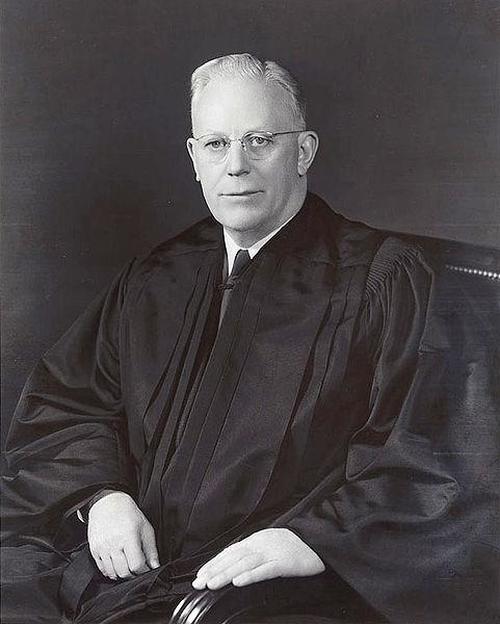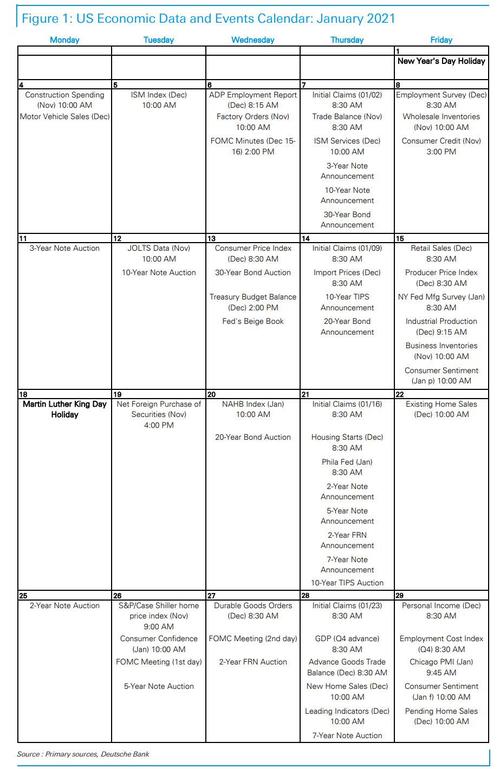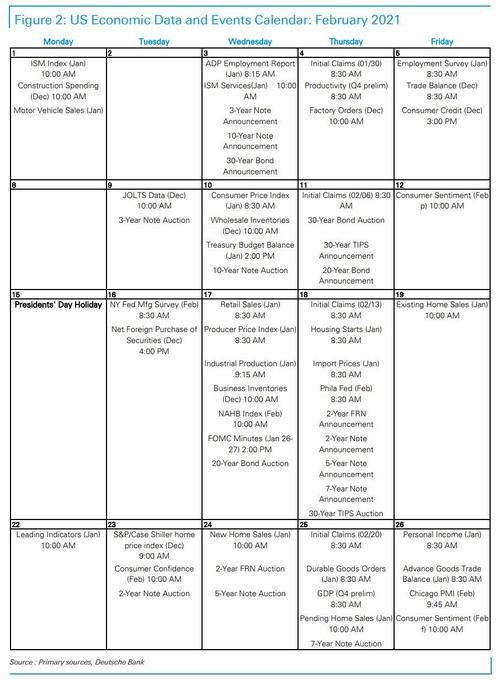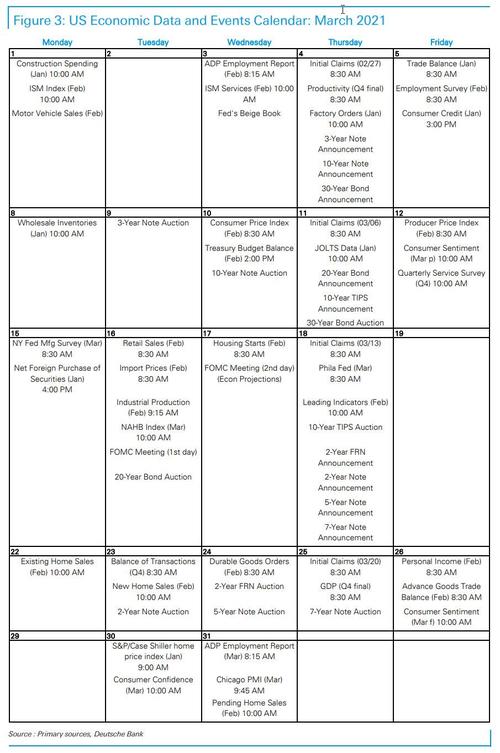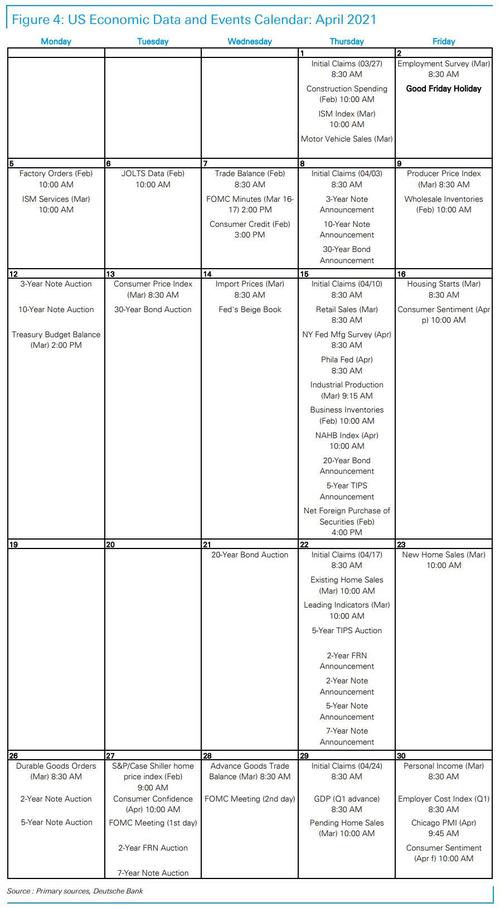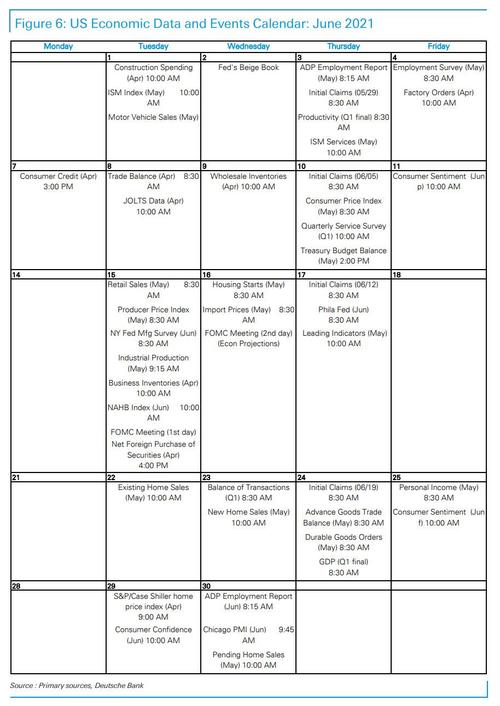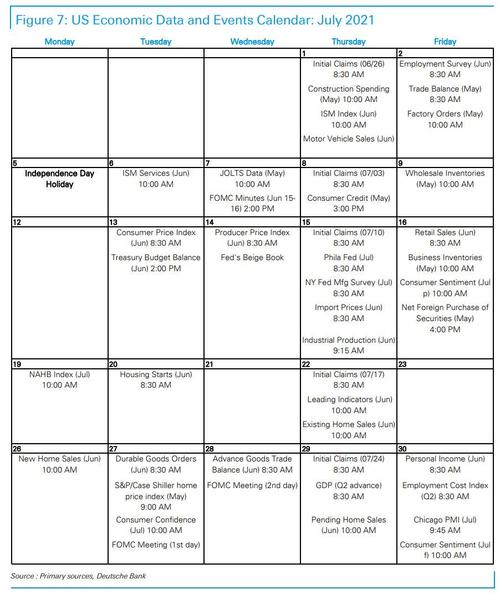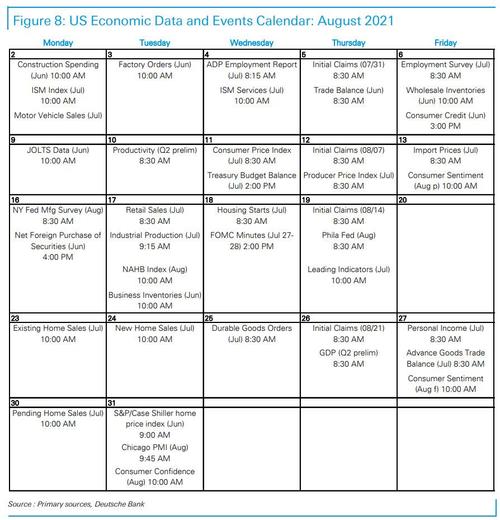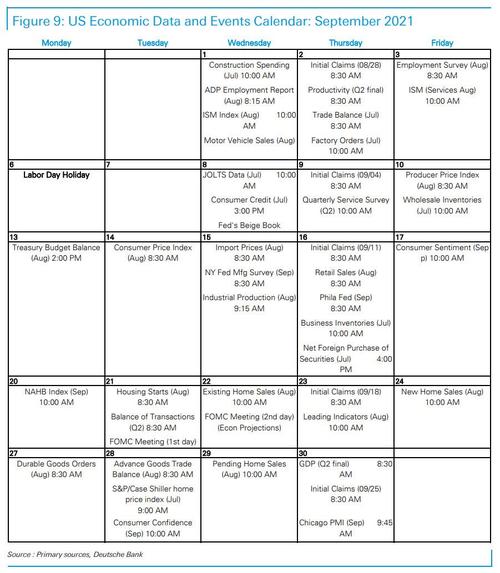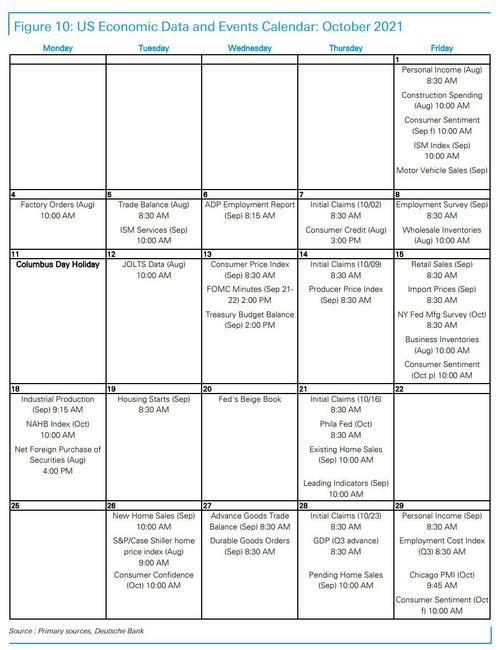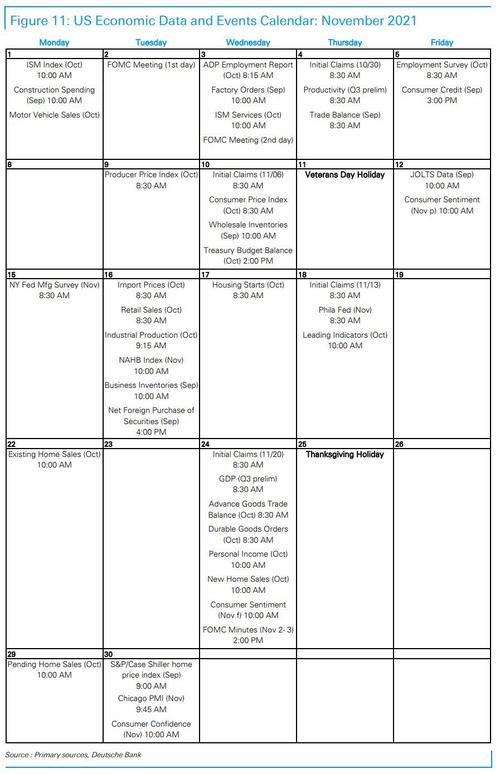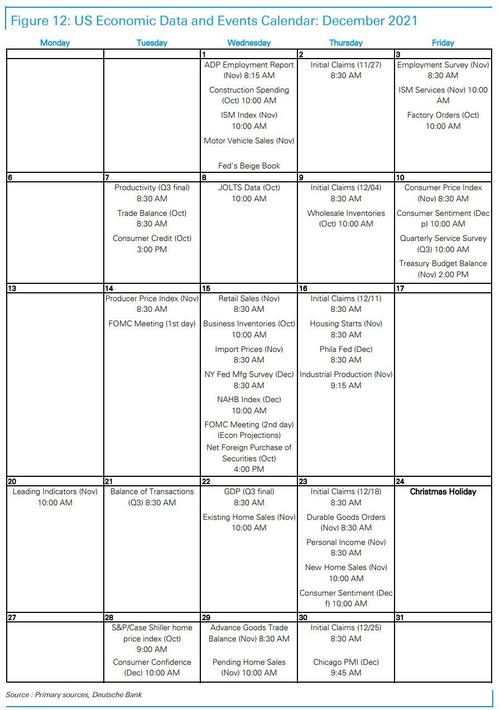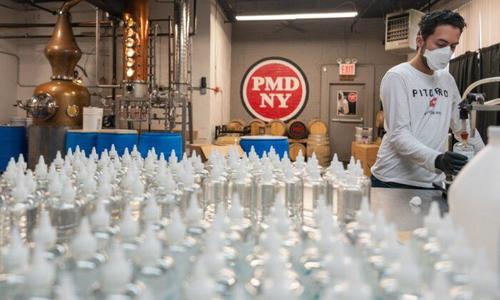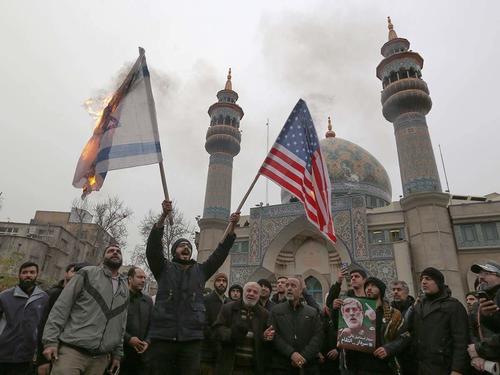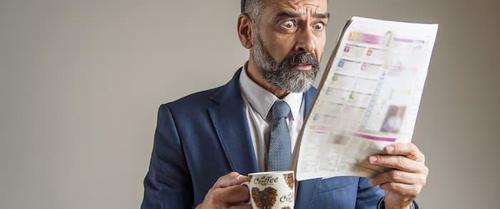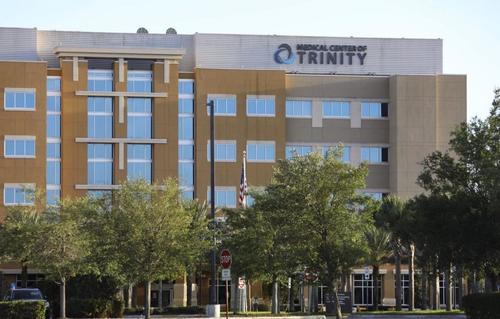“We Don’t Need A World Where China Becomes Another US”: Beijing Offers Vision For Restored Sino-US Relations Under Biden
Chinese Foreign Minister Wang Yi issued some blunt statements on the deteriorated state of China-US relations during a recent wide-ranging interview in state media:
“We don’t need a world where China becomes another United States. This is neither rational nor feasible. Rather, the United States should try to make itself a better country, and China will surely become its better self,” he said.
He laid down his vision and some terms by which ties could improve amid the current “unprecedented difficulties” which plummeted sharply during Trump’s final year in office, underscoring that the current US strategy of confrontation and its “new Cold War” attitude is “doomed to fail”.
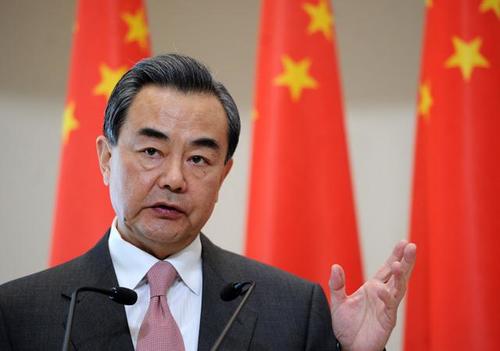
He said instead of the world cooperating more deeply to combat the COVID-19 pandemic, it remains that “unilateralism, protectionism and power politics are standing in the way of international cooperation” – in words clearly directed at the US.
In contrast, Foreign Minister Wang, said China has “spearheaded multilateral cooperation. Unswerving in advocating multilateralism…”.
At the same time, Wang pointed out Sino-Russian relations have improved vastly over the past year:
“President Xi Jinping and President Vladimir Putin have had five phone calls and exchanged correspondence on multiple occasions, providing the most important strategic guidance for the steady growth of the bilateral relations. Mutual support between the two peoples.
Russia was the first country to send medical and other supplies to China, and China was one of the strongest supporters of Russia’s COVID-19 response efforts.
The two countries have also worked closely on joint epidemic response and development of vaccines and drugs. Growing practical cooperation despite challenges. The two countries have vigorously facilitated economic reopening, safeguarded the functioning of industrial and supply chains, and made steady progress in several major projects.”
While urging the incoming Biden administration to “return to a sensible approach” on China, the top Chinese diplomat described further:
“Fundamentally, it all comes down to the serious misconceptions of US policymakers about China. Some see China as the so-called biggest threat and their China policy based on this misperception is simply wrong. What has happened proves that the US attempt to suppress China and start a new Cold War has not just seriously harmed the interests of the two peoples, but also caused severe disruptions to the world. Such a policy will find no support and is doomed to fail.
China-US relations have come to a new crossroads, and a new window of hope is opening. We hope that the next US administration will return to a sensible approach, resume dialogue with China, restore normalcy to the bilateral relations and restart cooperation.”
China and the U.S. can open a “new window of hope” in bilateral ties in the new year, Foreign Minister Wang Yi said https://t.co/EdkmAUdgqy
— Bloomberg (@business) January 2, 2021
It was here in the interview that he claimed over and against repeat US charges and probes centered on Chinese intellectual property theft and infiltration of US systems that—
“China never meddles in the internal affairs of the United States and values peaceful co-existence and mutually beneficial cooperation with the United States,” according to the interview.
Chinese state media has lately been boasting of the communist government’s coronavirus response:
On the left is picture of New Year’s Eve in Wuhan, full of joy and excitement; on the right is New Year’s Eve in New York City, cold and empty. Who is to blame? If the US political elites cannot reflect on themselves, that country will suffer more losses. pic.twitter.com/YZpexqdZ3Q
— Hu Xijin 胡锡进 (@HuXijin_GT) January 1, 2021
And below is perhaps the most interesting part of the interview, where Wang offers his vision for a “window of hope”… or how positive relations with Washington can be restored:
“We know that some in the United States are uneasy about China’s rapid development. However, the best way to keep one’s lead is through constant self-improvement, not by blocking others’ development. We don’t need a world where China becomes another United States. This is neither rational nor feasible. Rather, the United States should try to make itself a better country, and China will surely become its better self.
We believe that as long as the United States can draw lessons from the past and work with China in the same direction, the two countries are capable of resolving differences through dialogue and expanding converging interests by cooperation. This will allow the two major countries to establish a model of coexistence that benefits both countries and the world, and open up new development prospects in line with the trend of history.”
But after four years of the Trump administration, China has emerged in US eyes as the new primary political, economic and even military rival of the United States, and further as rivals for global influence.
Despite the optimism expressed by Wang based on the US presidential transition, it remains that Biden is likely to find himself ‘boxed in’ as a result of Trump’s continuing ratcheting pressure in the form of targeted punitive actions against Chinese companies and officials.
Tyler Durden
Sat, 01/02/2021 – 22:00
via ZeroHedge News https://ift.tt/3b62lFM Tyler Durden

